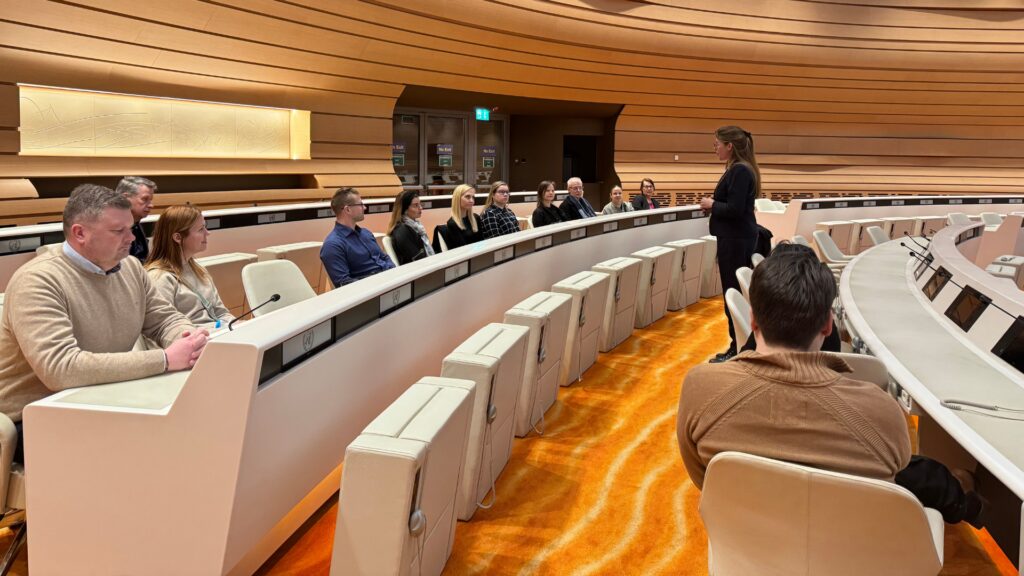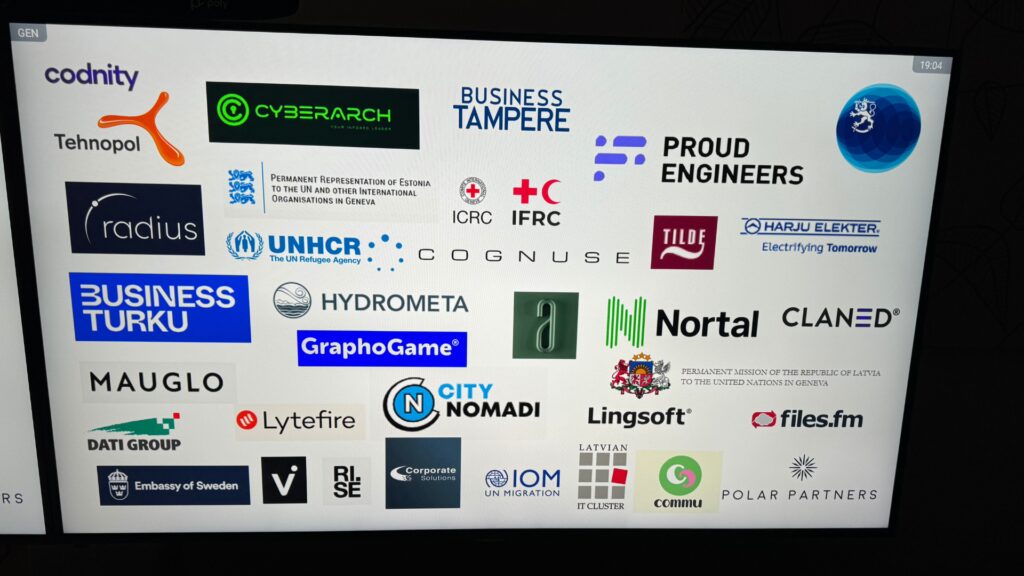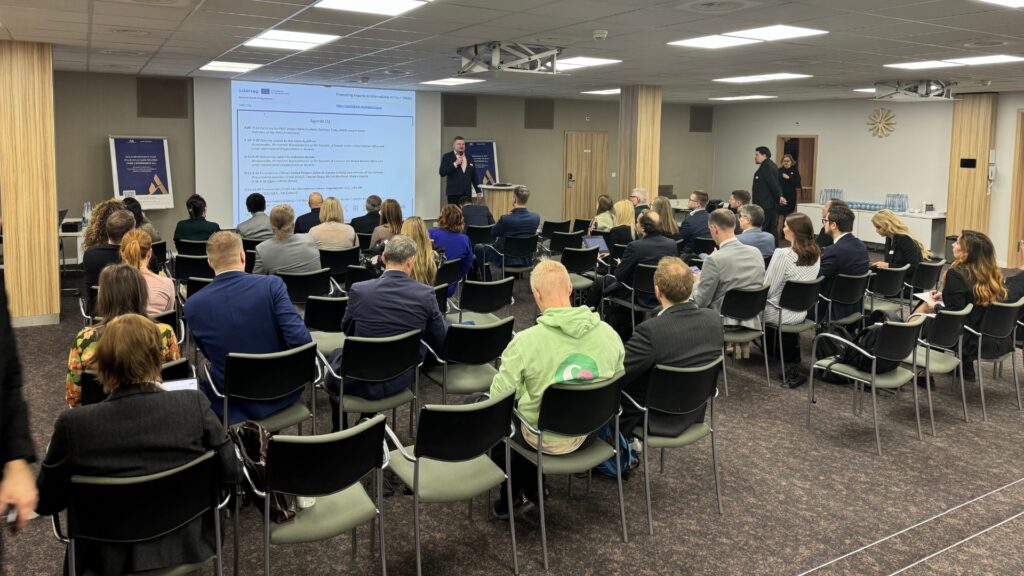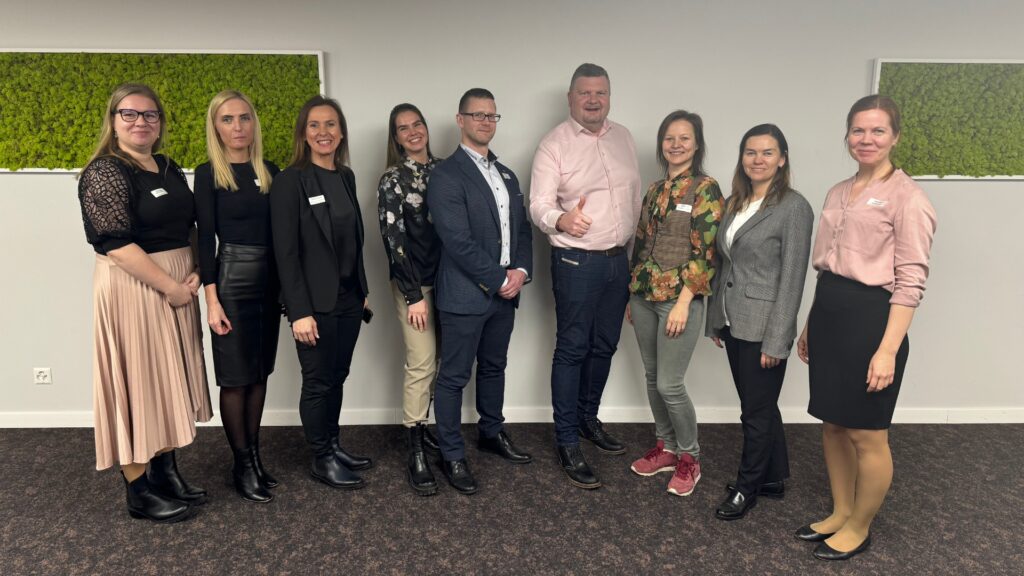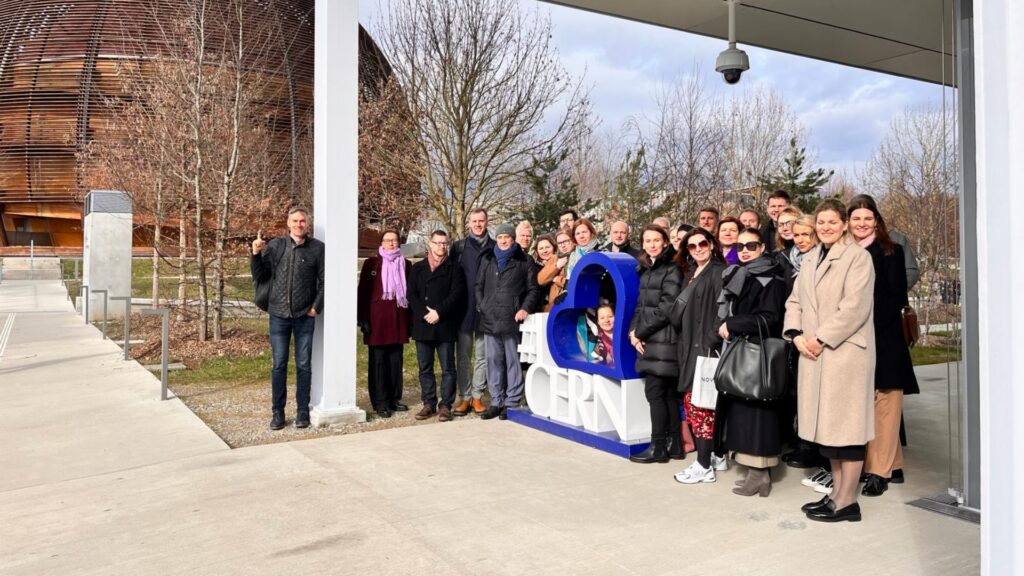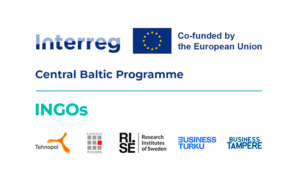26.03.2024
Matchmaking SMEs with the UN, Red Cross, and other NGOs
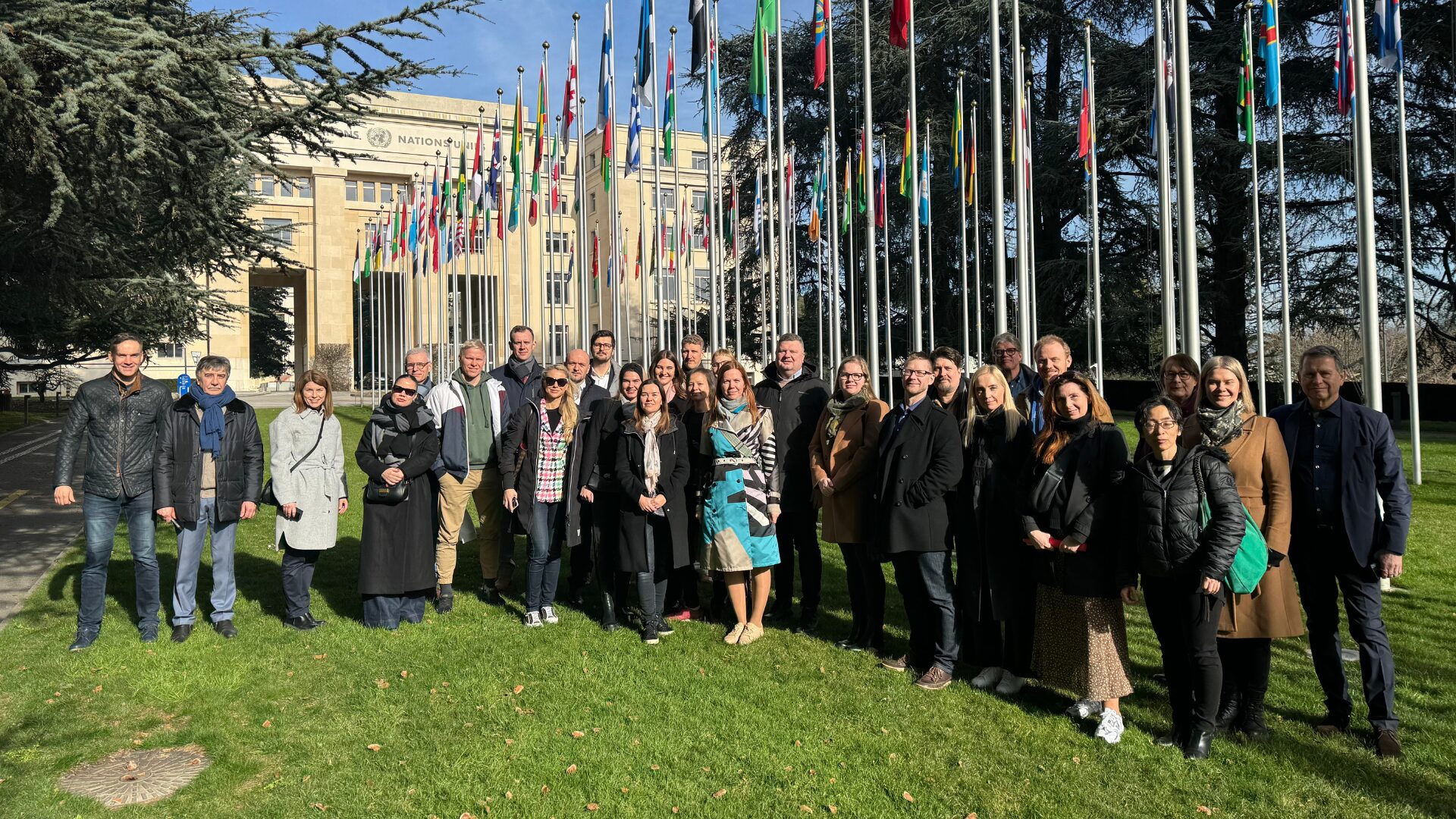
Small and medium-sized enterprises can have a hard time taking their first steps towards big markets abroad. Take non-governmental organizations for example, NGOs for short. From the UN to the Red Cross, they are always looking for new products and services. From software to medical supplies, the annual market is worth billions. But without extensive knowledge and networks, it can be difficult for SMEs to tap into this market. This is where the Central Baltic Programme funded Promoting Exports to International NGOs (INGOs) project steps in.
One-to-one meetings with the largest organizations
The INGOs project partners (Business Turku, Latvian IT Cluster, RISE and Tehnopol) equip SMEs with the tools they need to better secure procurement contracts with large international non-governmental organizations, free of charge. This February’s company mission to Geneva is a great example of this.
This February, Estonian, Latvian, Swedish, and Finnish companies set off for Geneva, Switzerland, to meet with representatives of the International Committee of the Red Cross, CERN (European Organization for Nuclear Research), and UN entities including the United Nations Office at Geneva, United Nations High Commissioner for Refugees, International Labour Organization, World Intellectual Property Organization, World Meteorological Organization, and UN Women.
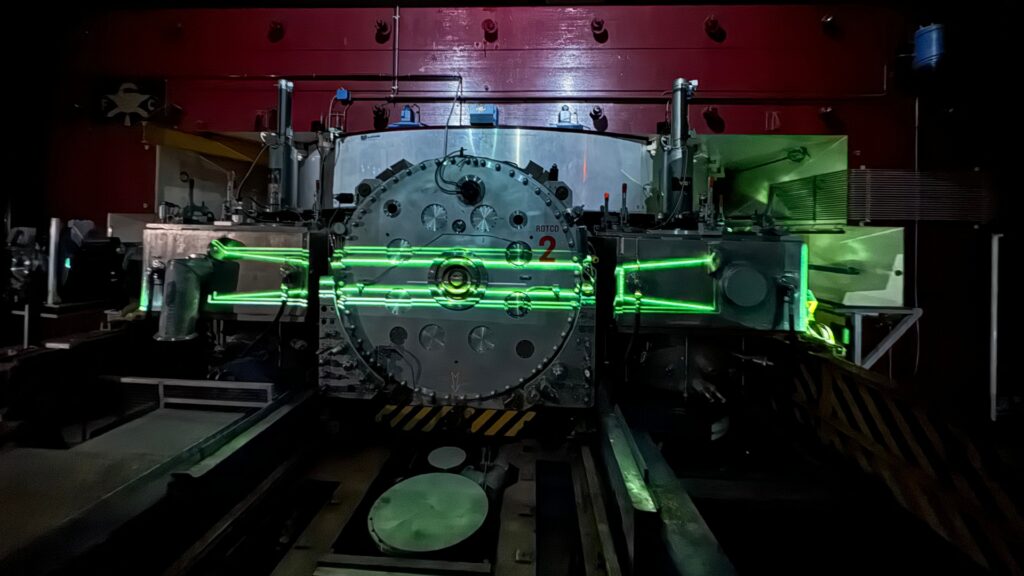
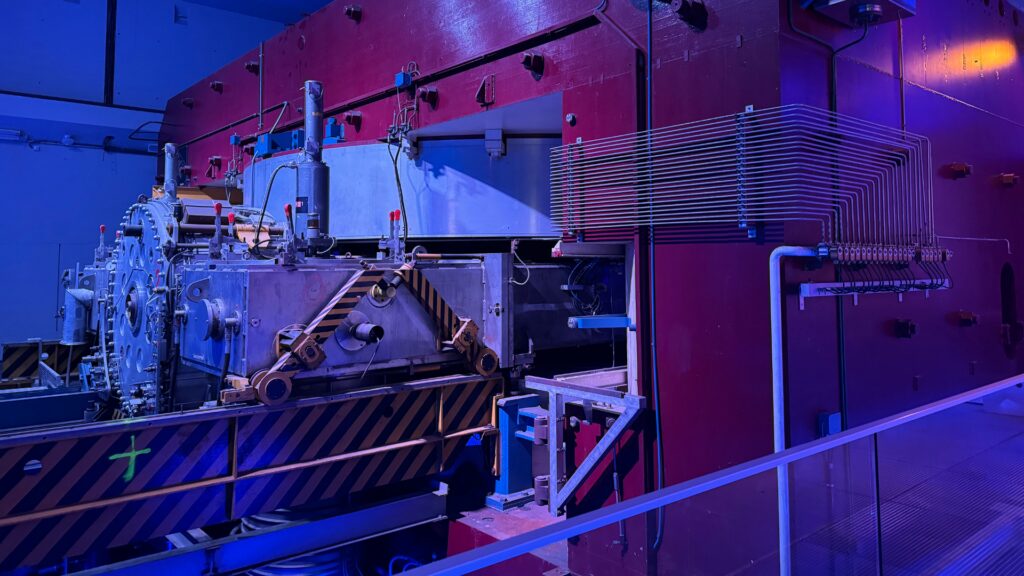
A total of 22 companies sat down for over 70 matchmaking meetings. The companies, with specializations ranging from education technology to 3D printing and wastewater treatment, attended a procurement seminar offering overviews of UN organizations’ goals and processes, before diving into tailored one-on-one meetings with the organizations.
The SMEs represented a wide range of businesses in the Central Baltic region: some had limited experience with NGO collaboration, others were brand new to the scene. In addition to the official program, the lively discussion on the two-day trip proved to be another valuable resource: the networking and peer support among the company representatives helps them all gain new perspectives and reach their goals.
“The key issue for companies is making themselves known to international NGOs. It’s difficult to sift through all the available documentation and to find the right people to introduce yourself to,” says Katrin Senkevitš, Project Manager at Tallinn Science Park Tehnopol.
“The INGOs project fills this gap. The first timers get to present their offerings to a number of organizations face-to-face, and that provides a solid foundation for future collaboration,” she continues. “I’m happy to say that this first round of meetings has already led to additional discussions with more than one company from Finland, Estonia and Latvia each.”
LinkedIn group
Interested in learning more about NGO exports? Join the public LinkedIn group to network with likeminded people and to be the first to know about upcoming events and opportunities.
Company size does not matter
The seminars and one-to-one meetings made one thing clear: there is always a need for innovative solutions. An increasingly important aspect in NGO procurement is sustainability, both environmental and social. This is where the forward-thinking businesses in the Central Baltic region can step in: if the sustainable solution an SME is providing matches what the organizations are looking for, there are really no barricades for potential collaboration.
“SMEs should not be too modest when thinking about new business prospects and markets in the international NGO sector. While the procurement rules and processes can seem daunting at first, we have the networks and expertise to match you with the right people and help you along,” says Sami Uusitalo, Senior Specialist at Business Turku.
The INGOs project was set up to tackle this problem specifically. By providing SMEs with useful up-to-date information, facilitating networking events and linking businesses with expert coaches and mentors, the project partners aim to bring awareness to the untapped $20-billion plus sales and growth opportunities in the NGO sector.
“The process is the same, whether the purchaser is your local town council or CERN or anything in between. You get to know the organization’s requirements and then you provide a solution,” says Uusitalo.
Eager to meet NGOs and grow your business?
Share your contact information with us and be the first to know about future on-site events and webinars!
